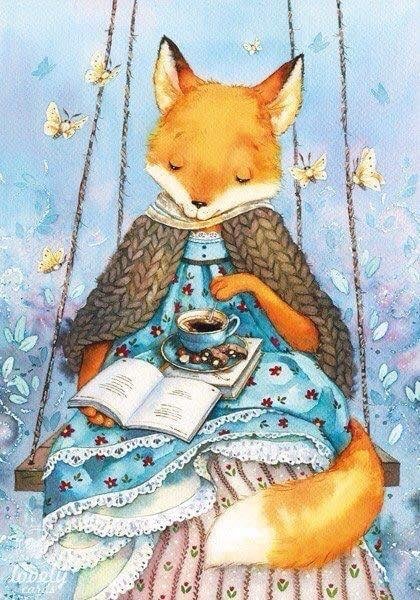Has there been any point in history where the ones fighting against books have been the good guys?
Umm I guess if you are being very very charitable…you should probably read more history books.
you should probably read more history books.
(while you still can)
Why do I get the feeling that people that try to ban books don’t go to libraries in the first place
Libraries make them feel dumb
“culture wars” is such a nonsense and biased phrase to be using. There are no “culture wars” - there are just biggots being biggots. “war on woke” and “culture wars” and just stupid phrases used by the right wing nutters to try and legitimise there stupidity as some kind of “movement”.
Push back for sure, but we should also be reframing the converstion - there is no “war”; this is pushing back against biggotry which is nothing new.
I think your problem is that you think your tribe is objectively correct.
The overwhelming majority of the country does as well, given the popular vote going back to the 1990s.
And we do live in a democracy, don’t we? So in a democracy, if the majority of people support a thing, should the government support it or forbid it? I doubt you’ll directly answer this question.
But I think you should spend some time to contemplate these ideas without asking someone else what your opinion should be.
If you were to answer, I would be curious which talking point you’ll use to justify that the minority of people (Christian Conservatives) should command the majority (literally anything else).
And bad news for you, the majority is growing, not shrinking. And the new generations are abandoning religion at an even faster rate than the current generation. Eventually (at current rates this will likely become vastly apparent by 2028/2032) not even the electoral college will be able to suppress us.
Good luck.
You can view a lot of human history though the lens of two factions. One that that claims to have a monopoly on the truth that they zealously guard suppressing any alternative, the other that claims that everyone can understand the truth. The first leans towards dictatorship the second to democracy.
Calling oppression a ‘culture war’ is obtuse af
I can decisively say that Louisiana is the worst state in the US.
Texas is pretty fierce competition for that title.
It’s close, Mississippi puts up some stiff competition though
Landry later drafted a “Protecting Innocence” report on libraries and supported legislation to restrict minors’ access to certain library materials
Dude read the Bible and tell me if it’d allowed in this context. I say it wouldn’t. As someone with a religious background - mildly so, as I am a lazy fuck - I know that book has depictions that could at least have an impact on a kid’s mind. The book they’d be banning and the librarians they’d threaten with jail time (up to 2 years, according to one of the drafts) are probably offering much milder content than that.
Secondly: banned books have a charm that can’t be compared. People like to read banned books, especiallu young readers. Minf your actions anyone, we are not in charge of other’s literary choices.
Edit:
Lunsford described the American Library Association as a “Marxist” organization out to fundamentally change U.S. society.
Do the even know what that term means, geese study some more please.
What’s the circle on the flag for?
I think it represents intersex people. Only 75% sure though!
TIL. Thanks!
I hope they all die soon to benefit the state
Look, I don’t need no woke lie-berry to show my younguns how wear purty dresses and to do the gay sex!
All you gotta do is go to the Legislature bathroom for that.
Is that Atun Shei?
I enjoy reading, probably more than most - but in an age where everything is interconnected and you can access any and all text from the supercomputer in your pocket, do we even really need libraries anymore?
I have an entire bookshelf full and havent touched them in years.
Libraries are free, open to everyone, and do more than just lend out books.
Yep we do. Next time internet goes doen thanks your librarian (I have a private library of some sort. Having printed books can be very good and a way to reduce screem time or other things.)
eh, I have several hundred ebooks on all of my devices & get internet access from several different providers - an outage doesnt really impact me in any meaningful way.
though I hadnt considered the other resources that libraries offer (per the other comment) - but, again, all of those resources are already freely available elsewhere
eh, I have several hundred ebooks on all of my devices & get internet access from several different providers - an outage doesnt really impact me in any meaningful way. though I hadnt considered the other resources that libraries offer (per the other comment) - but, again, all of those resources are already freely available elsewhere
That’s a terribly subjective metric, assuming that all have the priviledge or the will to follow that system. But the fact that you don’t need it does not mean that others don’t need it either. I often think that the fact that so much goes through an internet connection is a problem, because I am not garanteed that it works as inteded at all times even when it does. The epub reader needs further software support and a device. But to many the library is the only place to do it. Knowledge is only useful when it’s accessible to all, and that’s where electronic devices are already separating the rich from the poor.





